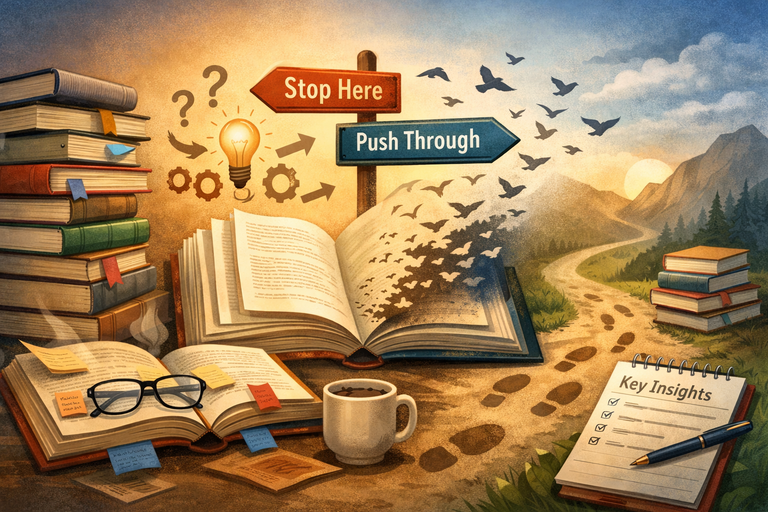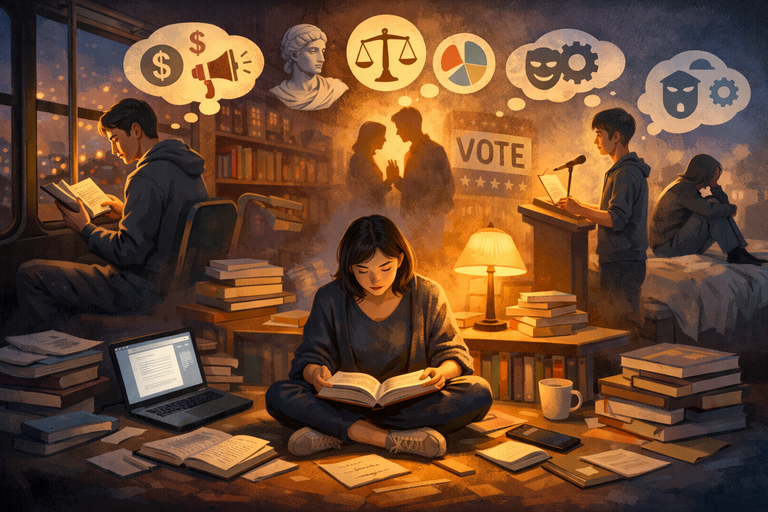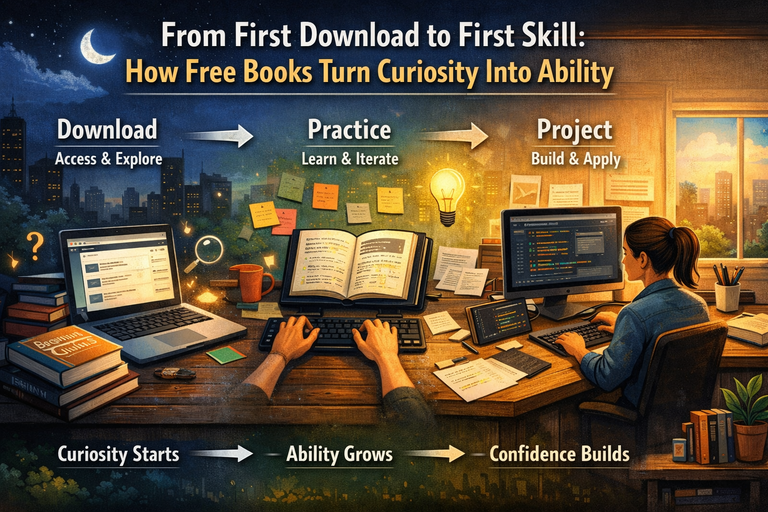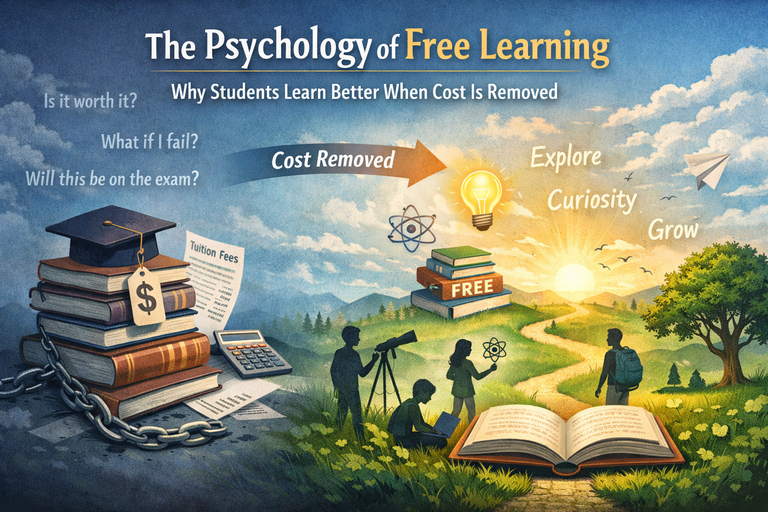Sports Books That Tackle Social Impact and Activism
Sport is more than a game. At its best, it is a mirror reflecting society’s struggles, triumphs, and evolving values. Throughout history, athletes have not only performed on the field but also stood as voices for justice, equity, and reform. And just as athletes have taken their stances, so too have authors—using books to document, question, and amplify these acts of activism.
In the world of publishing, sports books that highlight social impact and activism have gained momentum. These works combine the drama of athletic achievement with deep reflections on race, gender, class, and power. They don’t just entertain; they educate, provoke, and inspire change.
This blog post explores the rising genre of socially conscious sports literature—both nonfiction and fiction—and highlights books that go beyond box scores to tackle the complex relationship between athletics and activism.
Why Sports and Social Justice Intersect
From Muhammad Ali’s resistance to the Vietnam War to Colin Kaepernick’s kneeling protest, sports have long been a platform for protest and public discourse. Athletes often stand at the crossroads of fame, influence, and social responsibility.
Books about sports and activism shine a light on:
-
The risks and consequences athletes face for speaking out
-
The cultural and political pressures within professional sports
-
The role of fans, media, and sponsors in shaping narratives
-
How youth and grassroots sports are used as tools for empowerment
These books remind us that behind the jersey is a human being navigating societal systems—and often challenging them.
Standout Titles That Marry Sports and Activism
1. The Kaepernick Effect: Taking a Knee, Changing the World by Dave Zirin
Dave Zirin’s timely work captures the ripple effect of Colin Kaepernick’s protest across high schools, colleges, and professional sports. Through interviews and real-life stories, the book showcases how one act of defiance sparked a national conversation on police brutality and systemic racism.
Key Takeaway: Activism isn’t limited to stars. It spreads across communities, especially when young people see themselves in athletes’ struggles.
2. Raceball: How the Major Leagues Colonized the Black and Latin Game by Rob Ruck
This eye-opening history exposes how Major League Baseball has navigated (and manipulated) race over time. From the segregation of Negro Leagues to the commodification of Latin American players, Raceball examines how institutional racism still operates in America's pastime.
Key Takeaway: Progress in sports isn’t linear—gains in diversity often come with new forms of exploitation.
3. Sisters in Arms: Women in Sport Who Fought for Equality by Mary Duffy
This compelling book spotlights trailblazing women athletes—from Billie Jean King to the WNBA’s social justice campaign. Sisters in Arms highlights both personal battles and collective movements that reshaped public perception of women in sports.
Key Takeaway: Visibility in sports is a political act, and women athletes have long been at the forefront of fighting for gender parity, equal pay, and recognition.
4. Forty Million Dollar Slaves: The Rise, Fall, and Redemption of the Black Athlete by William C. Rhoden
A seminal work, this book explores how Black athletes, despite wealth and fame, often remain trapped in a system designed to profit off their bodies but silence their voices. Rhoden introduces the idea of the “conveyor belt” that moves talent from poor Black communities to elite sports institutions, often without agency or education.
Key Takeaway: True empowerment in sports must involve ownership, education, and autonomy, not just contracts and endorsements.
Fiction That Mirrors Real-Life Struggles
While nonfiction presents facts and testimony, fiction has the power to dramatize and personalize activism. Sports novels often use individual characters to represent broader societal issues, making the emotional toll of inequality and protest more tangible.
1. The Hate U Give by Angie Thomas (YA with sports themes)
While not strictly a sports novel, this bestselling book features a central character whose boyfriend is a basketball star with dreams of “making it out.” The novel underscores the tension between athletic opportunity and racial injustice in communities where police violence and systemic racism loom large.
Key Takeaway: For many youth, sports are both a hope and a trap—promising escape while masking larger societal problems.
2. Ghost by Jason Reynolds (Middle Grade/YA)
This award-winning book follows a young sprinter from a troubled background who joins a track team. Ghost’s journey isn’t just about running—it’s about trauma, belonging, and self-worth. Reynolds masterfully weaves themes of violence, poverty, and redemption into a sports narrative that resonates with younger readers.
Key Takeaway: Access to sports can be a form of salvation, but it’s not a cure-all—real support systems matter.
3. The Final Four by Paul Volponi
Set during a high-stakes NCAA basketball game, this novel follows four college players from different backgrounds. It explores racism, media pressure, the commercialization of college sports, and the moral conflict between athletic glory and academic integrity.
Key Takeaway: College athletes, especially those from marginalized backgrounds, are often used by institutions without long-term investment in their well-being.
Themes That Define the Genre
Books that explore sports and activism tend to touch on recurring themes that illuminate broader social truths:
1. Economic Disparity and Exploitation
Many sports narratives show how poor athletes are promised wealth and success, only to be exploited by agents, leagues, and universities.
2. Race and Representation
Who gets drafted? Who gets sponsored? Who gets silenced? These books ask hard questions about how race shapes every step of the athletic journey.
3. Gender and Visibility
Women's sports are chronically underfunded and under-covered. Activist athletes like Megan Rapinoe and Serena Williams have used their platforms to challenge sexism in sport—and their stories are now finding their way into print.
4. Mental Health and Identity
The psychological toll of activism—especially when backlash follows—cannot be overstated. Many books now explore how speaking out affects athletes’ mental health, especially in the absence of institutional support.
Children’s Books That Inspire Early Awareness
Publishing has also seen a rise in picture books and chapter books that introduce young readers to the intersection of sports and activism.
1. Let Me Play: The Story of Title IX by Karen Blumenthal
A powerful introduction to the landmark law that opened doors for girls and women in sports.
2. I Am Jackie Robinson by Brad Meltzer
Part of the “Ordinary People Change the World” series, this picture book introduces kids to the life and legacy of the man who broke baseball’s color line.
3. Game Changers: The Story of Venus and Serena Williams by Lesa Cline-Ransome
This beautifully illustrated picture book emphasizes both the sisters' athletic achievements and their resilience in the face of racism and gender bias.
The Publishing World’s Embrace of Activist Narratives
The demand for books that tackle the social dimension of sports has created a vibrant subgenre within publishing. From academic imprints to major commercial publishers, there is now a clear appetite for books that explore:
-
The activism of individual athletes
-
Sports as a microcosm of broader inequality
-
The cultural and commercial politics of professional leagues
As more athletes speak out—and more readers seek understanding—these books offer a necessary, nuanced perspective that bridges entertainment and education.
Conclusion: Reading the Game Beyond the Scoreboard
In today’s turbulent world, athletes are no longer just entertainers—they are leaders, storytellers, and agents of change. The books they write, inspire, or feature in are tools for deepening our understanding of how power, privilege, and protest collide on the playing field.
Sports books that tackle activism invite us to rethink our role as fans, citizens, and consumers. They ask us not just to cheer for athletes—but to listen to them, learn from their stories, and carry their messages beyond the stadium.
Because in the end, every act of courage—on the field or on the page—brings us one step closer to a more just game, and a more just world.







